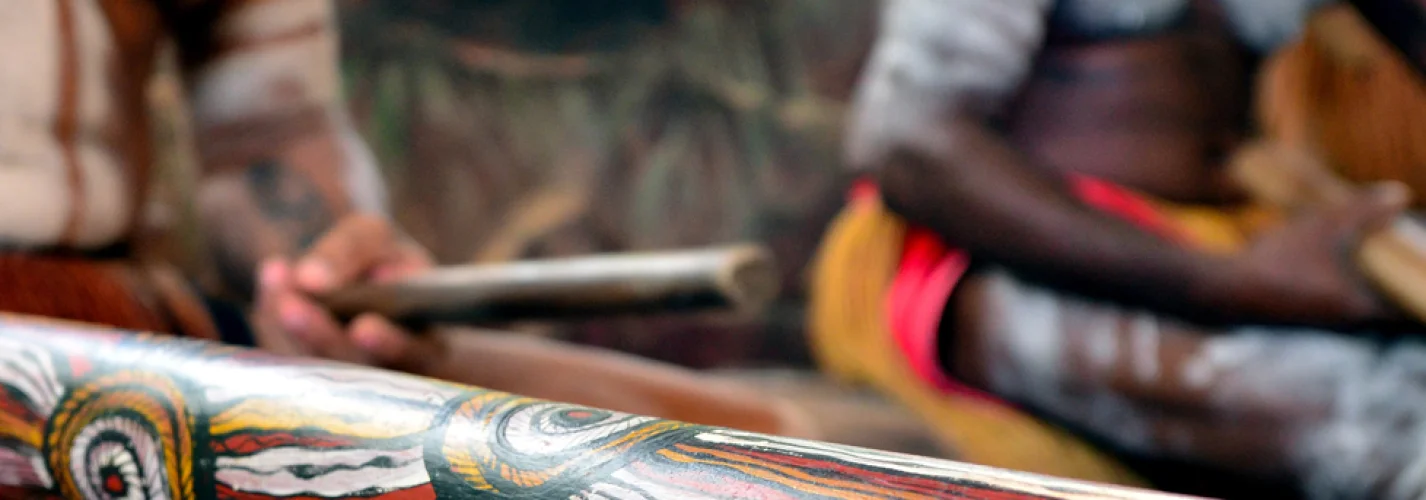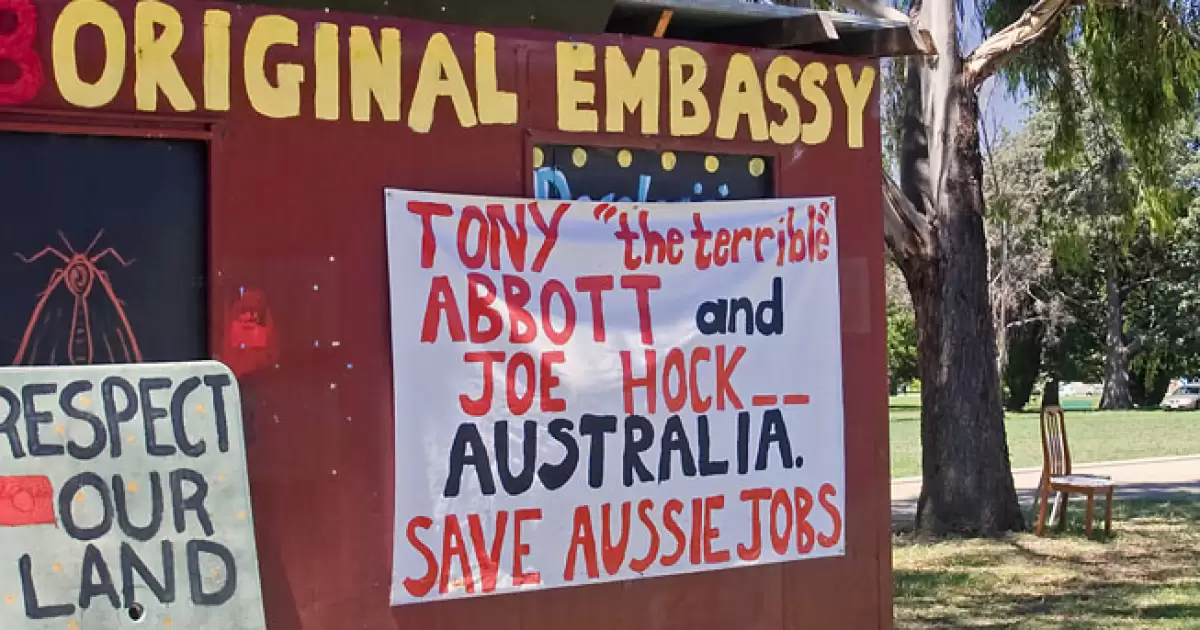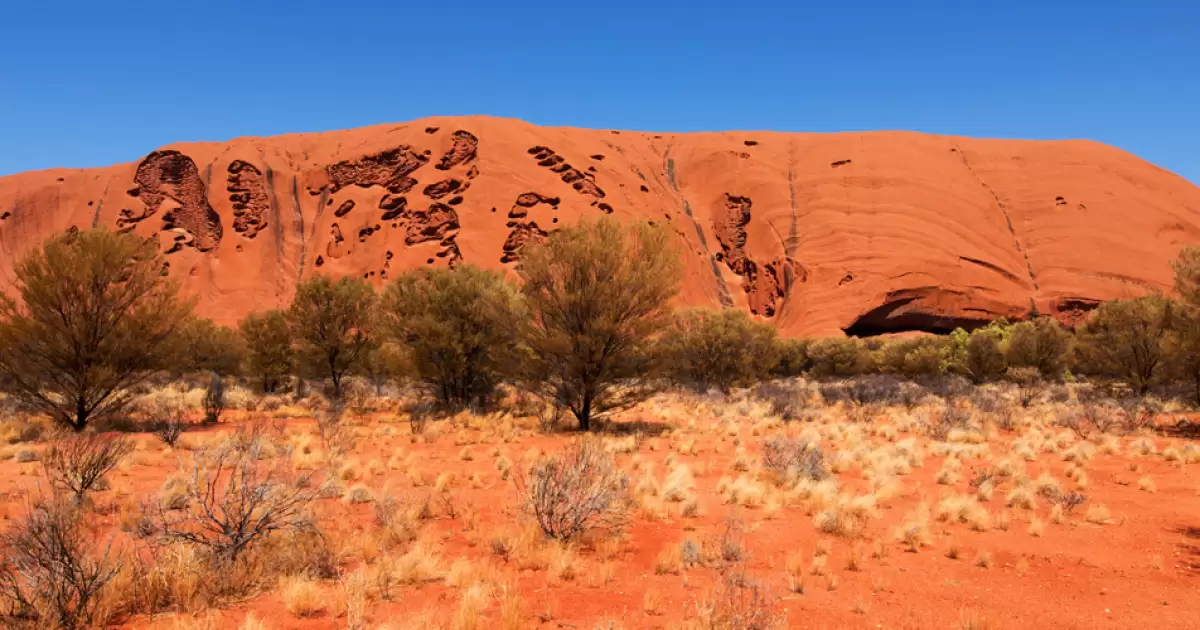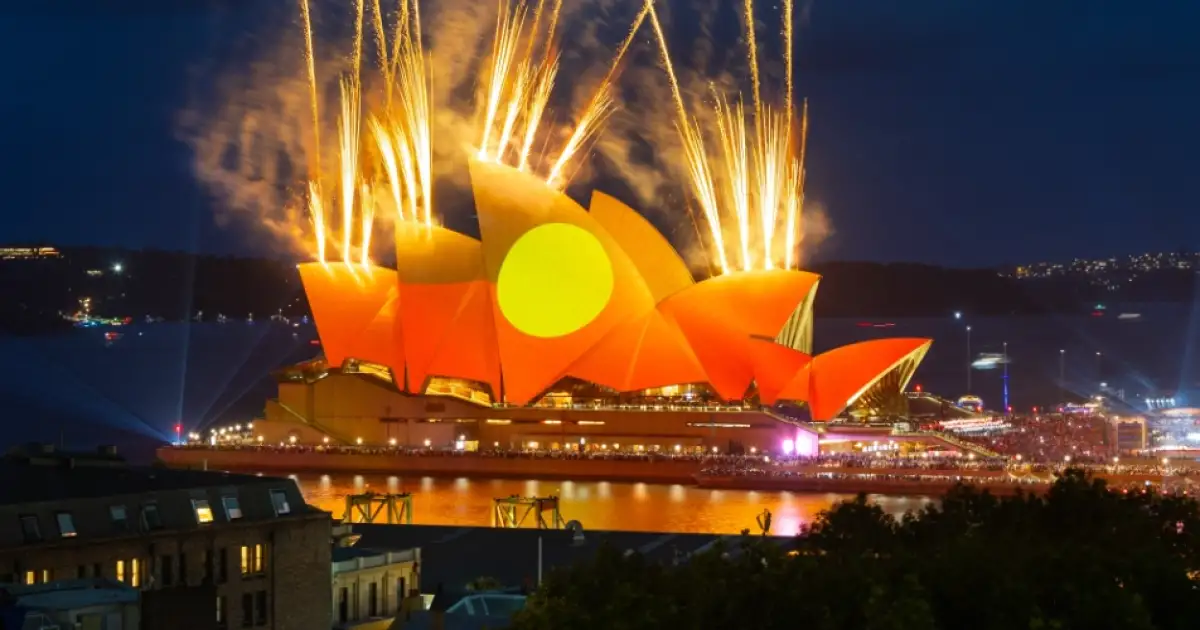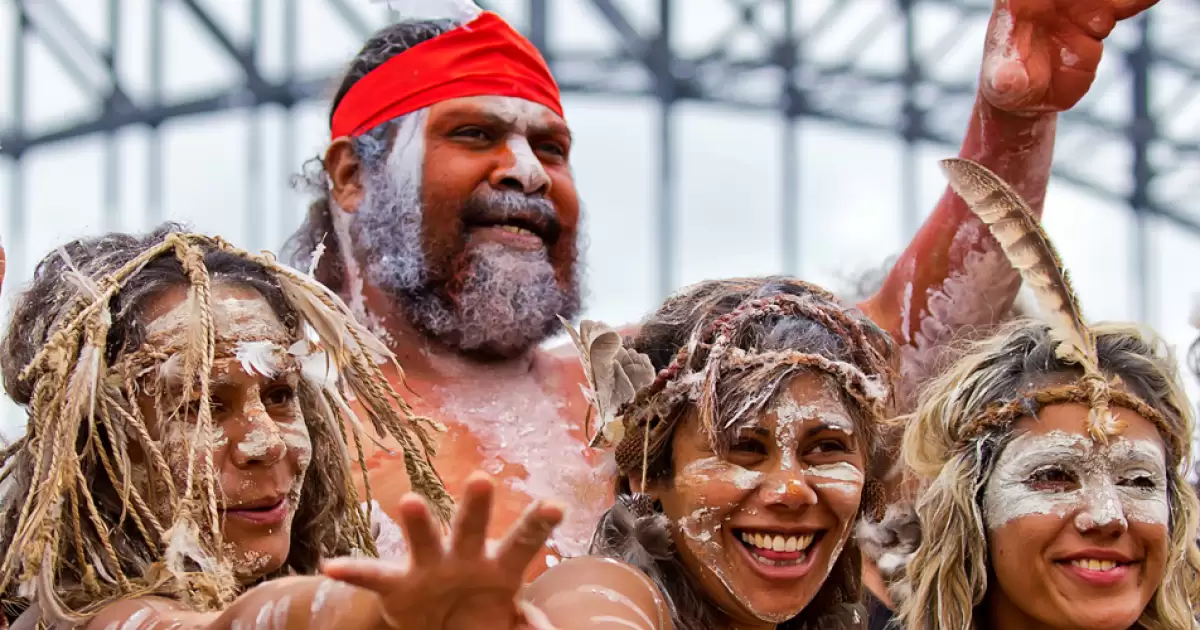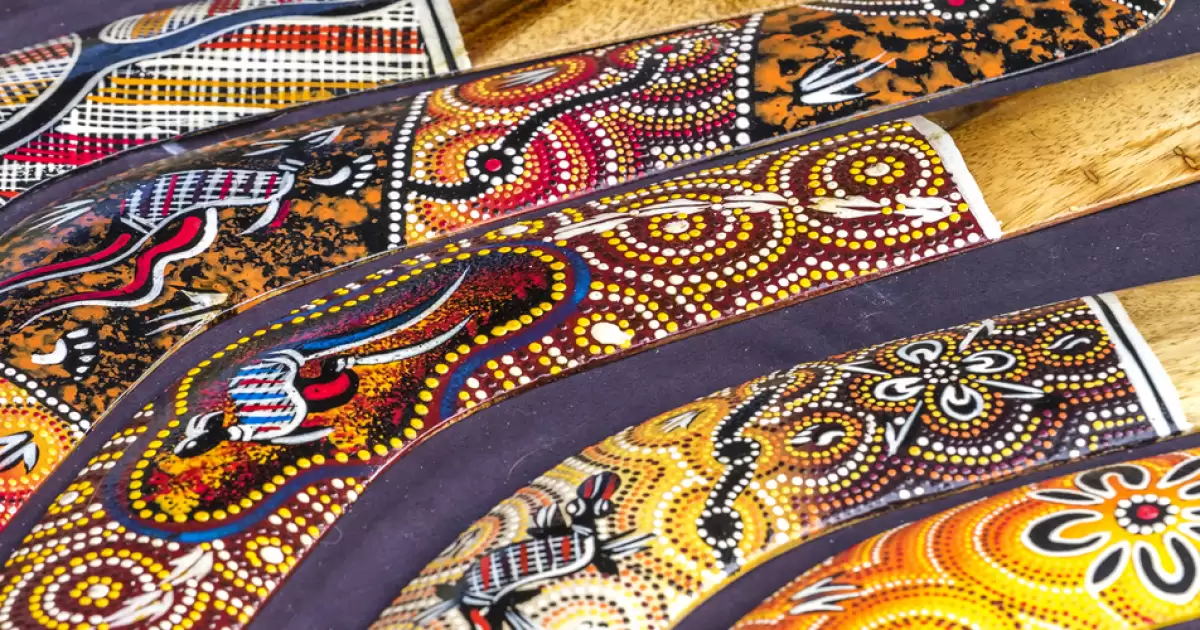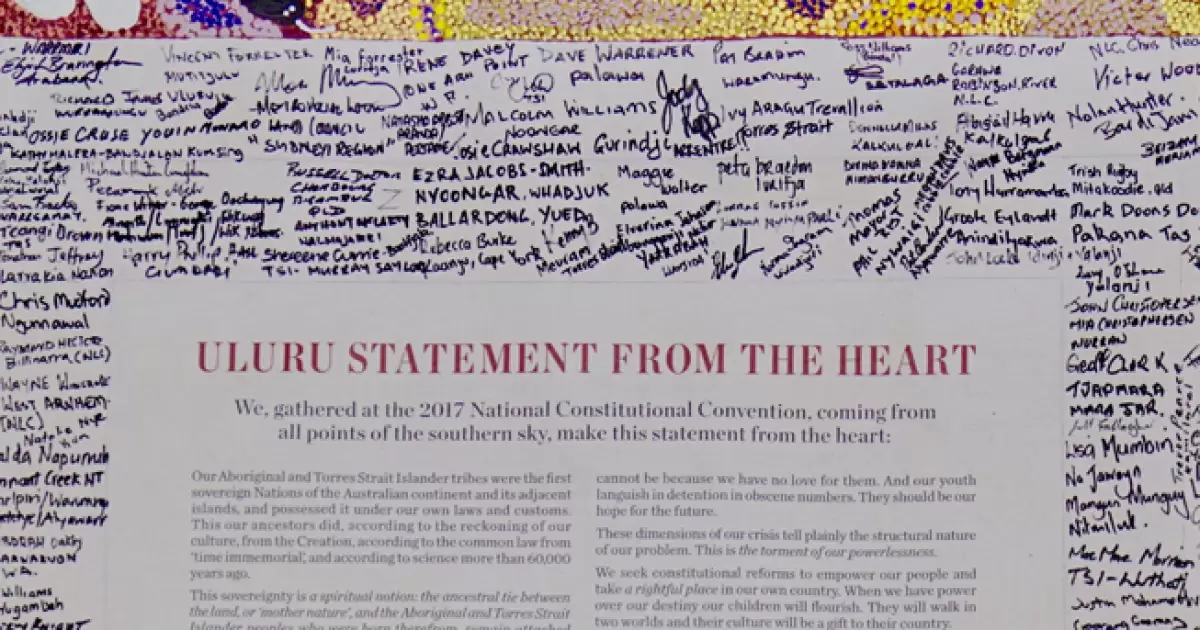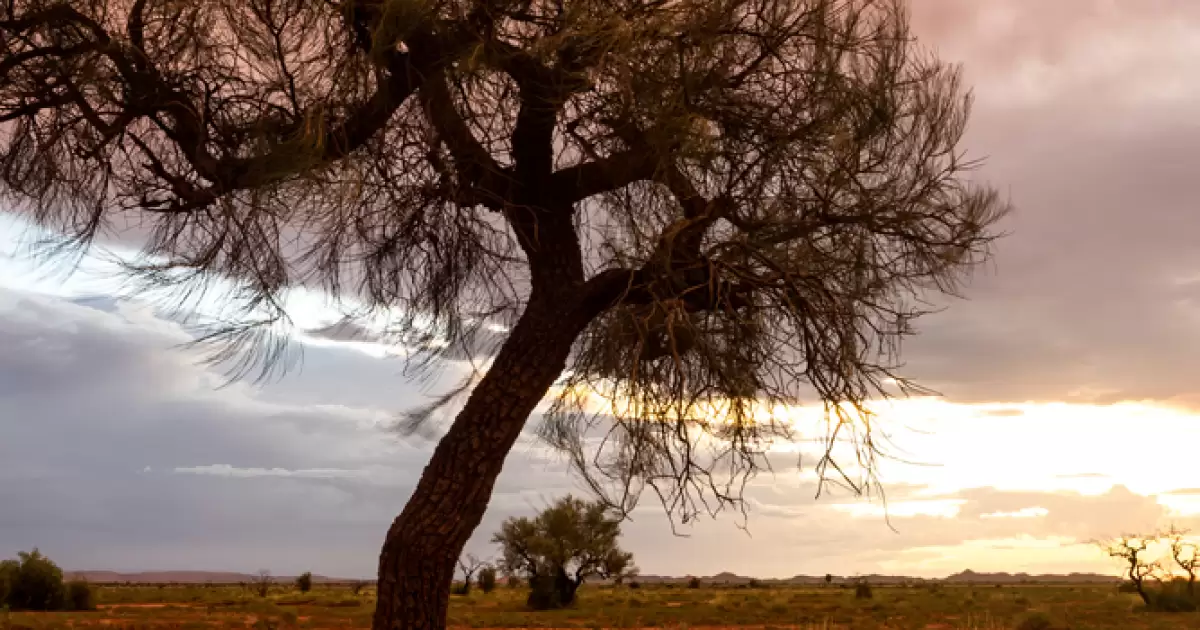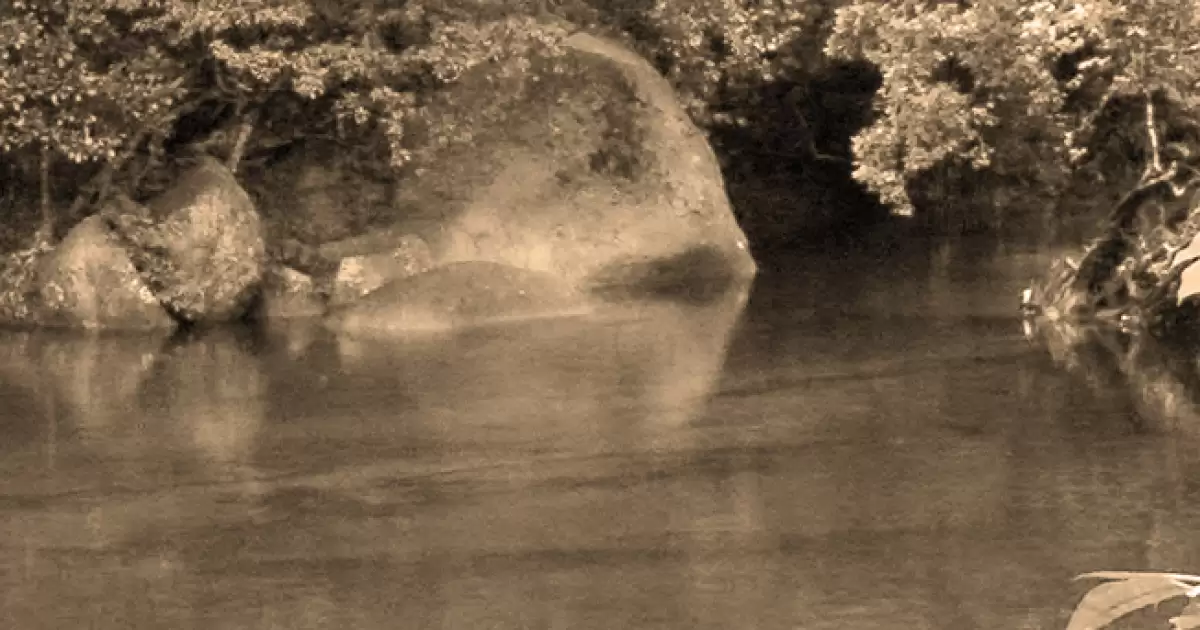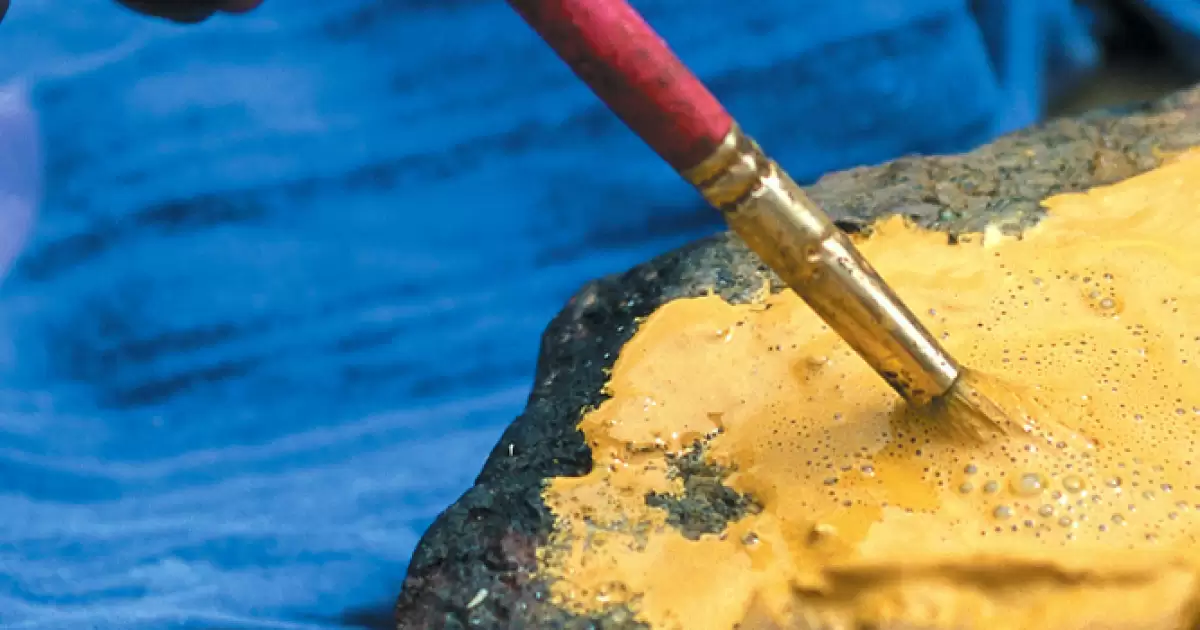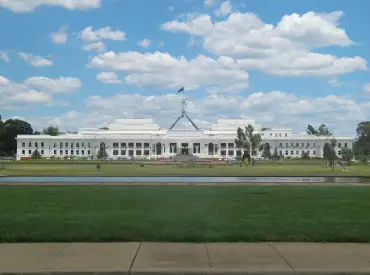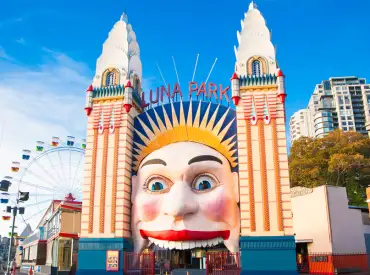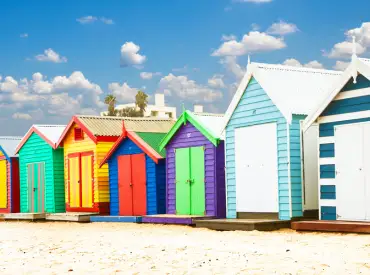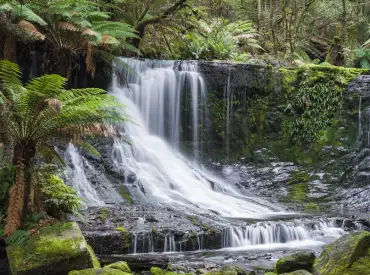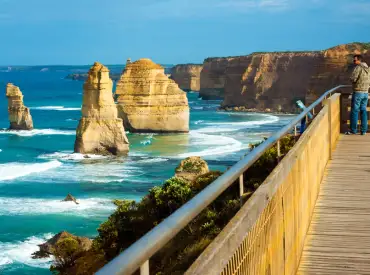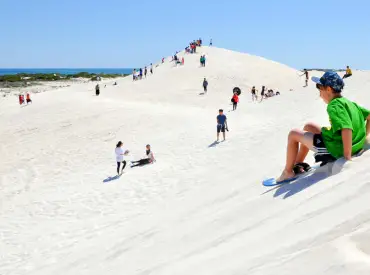Over the past few years, there has been a growing movement to achieve greater recognition for Aboriginal and Torres Strait Islander people in Australia. This movement culminated in 2017 at a landmark gathering of 250 delegates at Uluru, where they developed the Uluru Statement from the Heart. The statement calls for a “First Nations Voice enshrined in the Constitution”, and this referendum is part of the Federal Government’s commitment to implementing it in full. Let’s take a look at what this referendum means and why it matters.
We have a unique opportunity to come together and make a real difference by supporting the upcoming referendum. This referendum provides us with a chance to take an important step towards reconciliation between Indigenous Australians and non-Indigenous Australians. We must remember that this Constitutional voice for Aboriginal and Torres Strait Islander peoples should benefit all Australians now and into future generations. Let’s work together so that our nation can take this important step forward towards true reconciliation.
What is a Referendum?
A referendum is when citizens are asked to vote on an important issue or decision. For example, in 1967, Australians voted on whether or not to include Aboriginal people in the census data – 92% voted yes! Referendums can also be used to change laws or create new ones. In Australia, any changes to our Constitution must first be approved by a majority of voters who participate in a referendum. This is why we are having this particular referendum - if it passes, it will pave the way for changes to our Constitution that will recognise Aboriginal and Torres Strait Islander peoples as First Nations Peoples.
Why Does It Matter?
This referendum is about more than just recognising First Nations People as such - it’s also about acknowledging their unique cultural heritage and history. It’s about honouring our shared history with respect and celebrating our diverse cultures while creating an inclusive society where everyone is treated fairly regardless of race or ethnicity. By voting yes on this referendum, Australians have the chance to ensure that these values become enshrined into law - something that will benefit all Australians now and into future generations.
What Is Reconciliation?
Reconciliation is the process of repairing relationships between Indigenous Australians and non-Indigenous Australians. It is an important process that allows us to move forward with healing, understanding, and respect for one another as members of the same community. Along with this understanding comes the recognition of past injustices inflicted upon the First Nations people of Australia, such as the Stolen Generations, denial of land rights, unequal representation in government, and lack of access to education and healthcare services.
The Role We Play in Reconciliation
As Australians, it is our responsibility to strive for reconciliation between Indigenous and non-Indigenous people. The upcoming referendum provides us with an opportunity to move forward towards true reconciliation by creating a constitutionally enshrined voice for Aboriginal people in Parliament – something that has been lacking until now. This voice will ensure that Aboriginal people are represented in decisions made about them at all levels of government, providing much needed support to their communities while also helping bridge the gap between Indigenous communities and mainstream society.
It is also essential that we recognize our role in reconciliation as individuals by educating ourselves on the history of Australia’s First Nations people and advocating for more equitable representation in government policy-making processes. We must continue to listen to Indigenous voices, show respect for their culture, and support initiatives aimed at improving their quality of life.
We all have an opportunity here to make a real difference in Australia’s path towards true reconciliation between Indigenous Australian’s and non-Indigenous Australian’s. The upcoming referendum provides us with a chance to create a constitutionally enshrined voice for Aboriginal peoples in Parliament which will benefit all Australians now and into future generations. Let's come together as one people united by common values so that we can move closer towards making meaningful change happen - true reconciliation!
Voting ‘Yes’ on this upcoming referendum is an opportunity for us all to show that we value diversity, respect different cultures, uphold fairness and justice for all Australians regardless of race or ethnicity – things which are essential building blocks for any healthy society. When you go out to vote on this referendums remember how important it is that we get behind initiatives like these that seek true recognition for Aboriginal and Torres Strait Islander people in Australia – because when we do so, we help build better futures for us all. ?????
